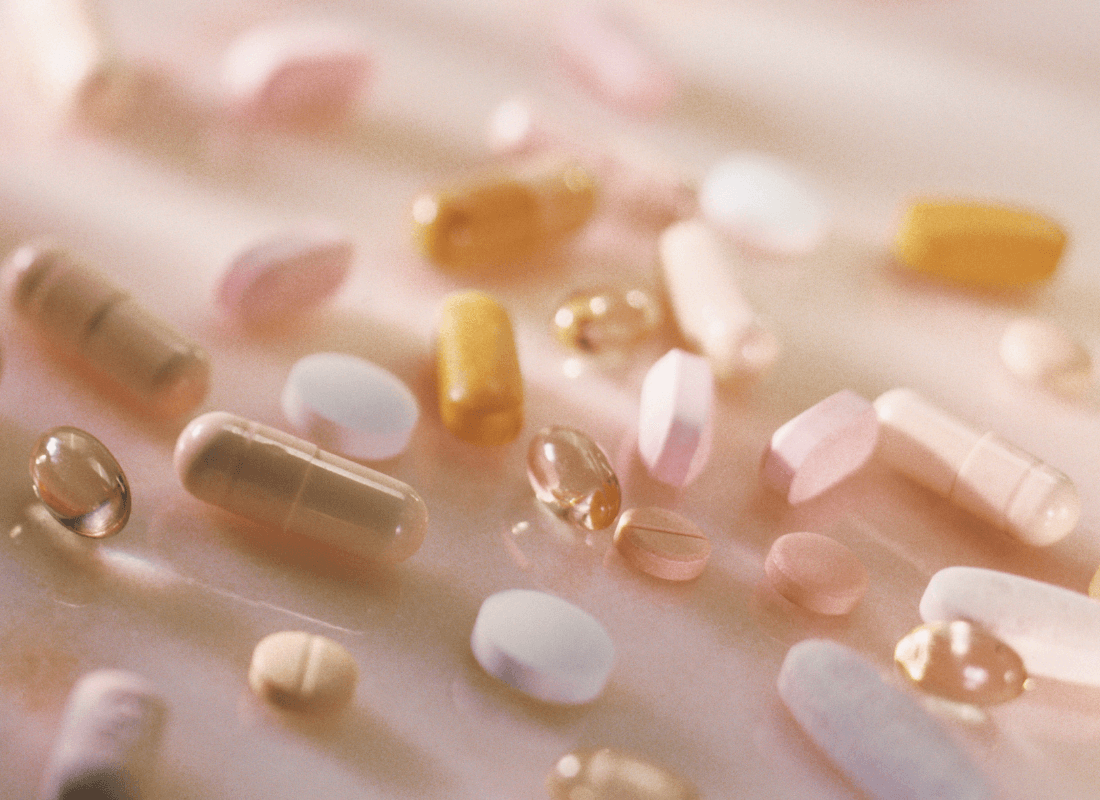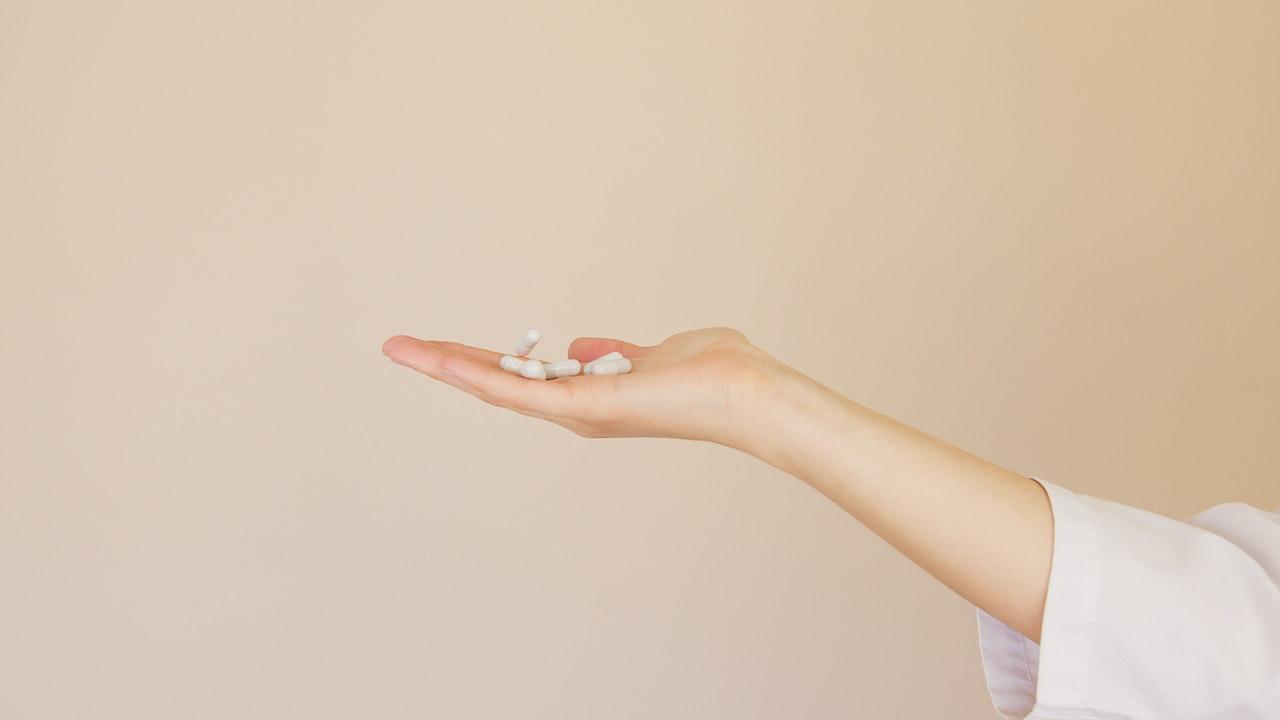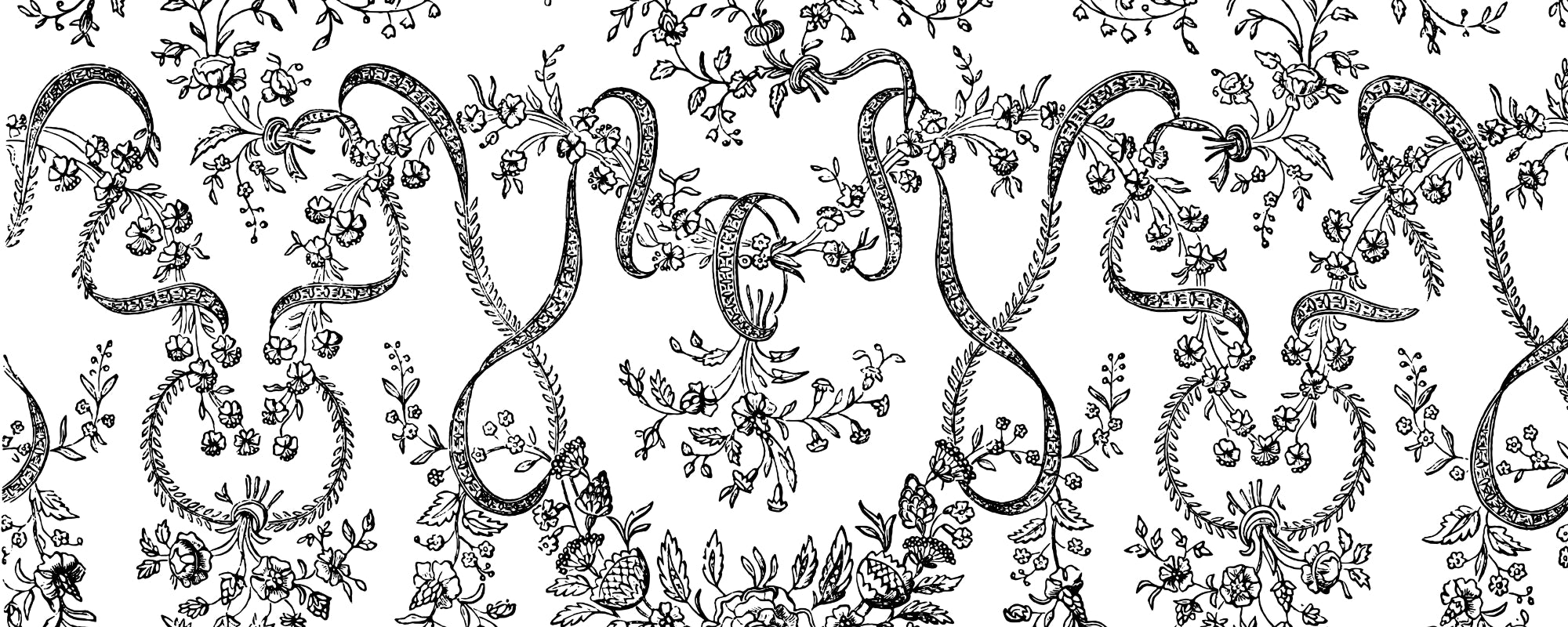Collagen! But what is it exactly?
By now half the world knows what collagen is thanks to the successful marketing of hydrolysed collagen as an anti-ageing tool within the global health and beauty industry. Most consumers, although having heard about collagen, are still very ignorant when it comes to knowing what EXACTLY collagen is and why it has become so popular. The word collagen originates from the Greek word ‘kolla’ meaning ‘glue’. Scientifically speaking collagen is a triple helix protein that is made up of various amino acids. Collagen is the scaffolding glue that makes up your body and basically keeps you ‘together’. Collagen is found in connective tissue throughout the body, from the most commonly-known areas (skin, joints, ligaments), to the more unknown areas such as veins, teeth, bones and even eyeballs! The various types of collagen are labelled as such according to the specific area where the collagen is found and their function. Simple, yes? Well kind of. In this article we explore the various types of collagen in more detail.

What are the different types of collagen?
As of 2011, there are around 28 different types of collagen that have been identified in the human body. Collagen has been used medically for many years and only now, in recent years, has it become the popular health and beauty tonic that we associate it with today. Medical uses include various applications from bone grafts, cardiac applications, cosmetic surgery, reconstructive surgery and even wound healing technology. For the health and wellness industry only specific collagen types have been utilised in the creation of supplements to benefit and assist with everyday, common ailments.
Type I
The most abundant collagen in the human body, comprising over 90%. Most commonly found in skin, but also found in tendons, ligaments and most connective tissue. Its main function is to provide tensile strength to the connective tissue. Most common sources are bovine, porcine, and marine. Taken as a supplement to help improve the structure and appearance of skin, hair and nails.
Type II
The main collagen found in cartilage and bones. Its main function is to provide tensile strength to the connective tissue. Most common sources are bovine, porcine, and chicken.Taken as a supplement to assist with osteoarthritis problems and maintain joint health.
Type III
The most abundant collagen found in elastic tissue. Most commonly found in muscles, embryonic connective tissue, skin, blood vessels and lymphoid tissue. Its main function is to provide tensile strength to the connective tissue. Most common source is chicken. Usually included into supplements to promote skin health, however its main function is to enhance muscle, intestinal and organ structure.
Type IV
Type IV collagen is less common and found in the structural membranes within various tissues including the eye lens. Its main function is forming filtration systems in the capillaries including the kidneys. Most common sources are bovine and porcine. Usually included into a blend of collagen supplements and not as a singular ingredient supplement as it works similarly to type I and type III in promoting wound healing.
Type V
Type V collagen is less common and also forms the core of Type I fibrils. Found in blood vessels, ligaments, skin and dentin. Its main function is to provide tensile strength to the connective tissue. Usually included into a blend of collagen supplements and not as a singular ingredient supplement. This collagen is essential for eye health and neonatal development.
Type X
The newest kid on the block in terms of supplements, type X collagen is found in cartilage and its main function is to bind calcium thereby supporting joint health. Usually included into a blend of collagen supplements, however it is also sold as a singular ingredient supplement. Most common source is found in egg shell membranes. This collagen is essential for bone health, wound healing and healthy joints.

How to maintain healthy collagen in your body.
Either out of sheer ignorance, or simply trying to punt products, what the collagen supplement companies and manufacturers will NOT tell you is that genetically, every person is designed differently. I may have genes that promote healthy and strong collagen synthesis throughout my body… but that’s not to say the next person will have those same strong genes. Genetics does play a role in healthy collagen formation and so does a healthy diet and lifestyle.
Limit sun exposure
This is the trickiest one as we know we need some sun time for healthy Vitamin D production and overall wellbeing. Too much sun though, has been linked to many skin disorders including cancer, and yes, it will destroy the collagen in your skin, no matter how much collagen powder you scoop in your morning coffee. The simple fact is, if you want to age gracefully and prevent wrinkles - the sun is not your friend. Full sun exposure for maximum 30 minutes per day is all you need for adequate Vitamin D synthesis and mental wellbeing. If you know you will be outdoors all day ensure a full spectrum sunscreen is used (natural zinc oxide - no chemical sunscreens) and wear clothing that can minimise direct exposure. Boring yes, but your 60-year old future self will thank you.
Stop smoking
An obvious no no. It’s gross and disgusting and will destroy your collagen faster than the match strike that lit that ciggie in the first place.
Eat right
No need to harp on about eating healthy and to include lots of Vitamin C boosting fruits and veggies. You know you have to. Without the right balance of macro and micronutrients, including healthy fats, high quality protein and carbs with loads of fruit and veggies, your body will never be able to maintain optimal health. Limit alcohol, coffee and sugar. Drink lots of clean water. Obvious and yet so many of us are unable to follow this.
Stop refined sugar
Heard of the term glycation? Well it’s your worst enemy if your dream is to keep your cells healthy, strong and young. If you continuously eat a diet rich in refined sugar, over time this causes a denaturing process in healthy cells, including skin cells, called glycation. The sugar eventually binds to proteins (such as collagen and elastin) and over a prolonged period this compounded effect leads to the formation of AGEs (Advanced Glycation End Products) and has been scientifically proven to contribute to the progression of age-related diseases including diabetes. A yummy chocolate every now and then is fine, but not every day.

Don’t stress baby!
The effects of stress have been shown to speed up the process of aging. Our skin, like the rest of our body, is very sensitive to the effects of cortisol - our body's main stress hormone. Research indicates that even collagen production is influenced by this hormonal mechanism. Ensure a proper balance of sympathetic and parasympathetic activities are maintained in your lifestyle to prolong longevity. Yoga, making love, meditation, spiritual practice, all these things contribute to a balanced and youthful lifestyle that will show in your face… and make you smile!
Supplement with premium quality collagen and collagen-boosting supplements
Not all collagen supplements are created equal. This is true now more than ever before. With the collagen boom every Tom, Dick, Harry and their aunt is now a collagen expert and selling their own brand of collagen proclaiming theirs is the best and will take away your wrinkles and all your aches and pains. Unfortunately with no regulation how are you to know the real deal from these fly-by-nights? Be sure to choose certified products using certified ingredients that have been backed by clinical trials. Read labels. If the ingredient just says “hydrolysed type I collagen peptides” how do you know it’s not some cheap unregulated watered-down collagen from an unverified source? Well the answer is you don’t know. If you want the best of the best be sure to read labels and do your research on the brand of collagen. Your health is not something to gamble on.
Rest assured My Beauty Luv collagen and collagen-boosting supplements are all verified and certified Peptan® from Rousselot in France. We have been vetted and have a signed agreement with them in place that allows us to proudly carry their logo on our products, giving our customers the peace of mind that we only partner with the best in the world and use the best ingredients in our products.





